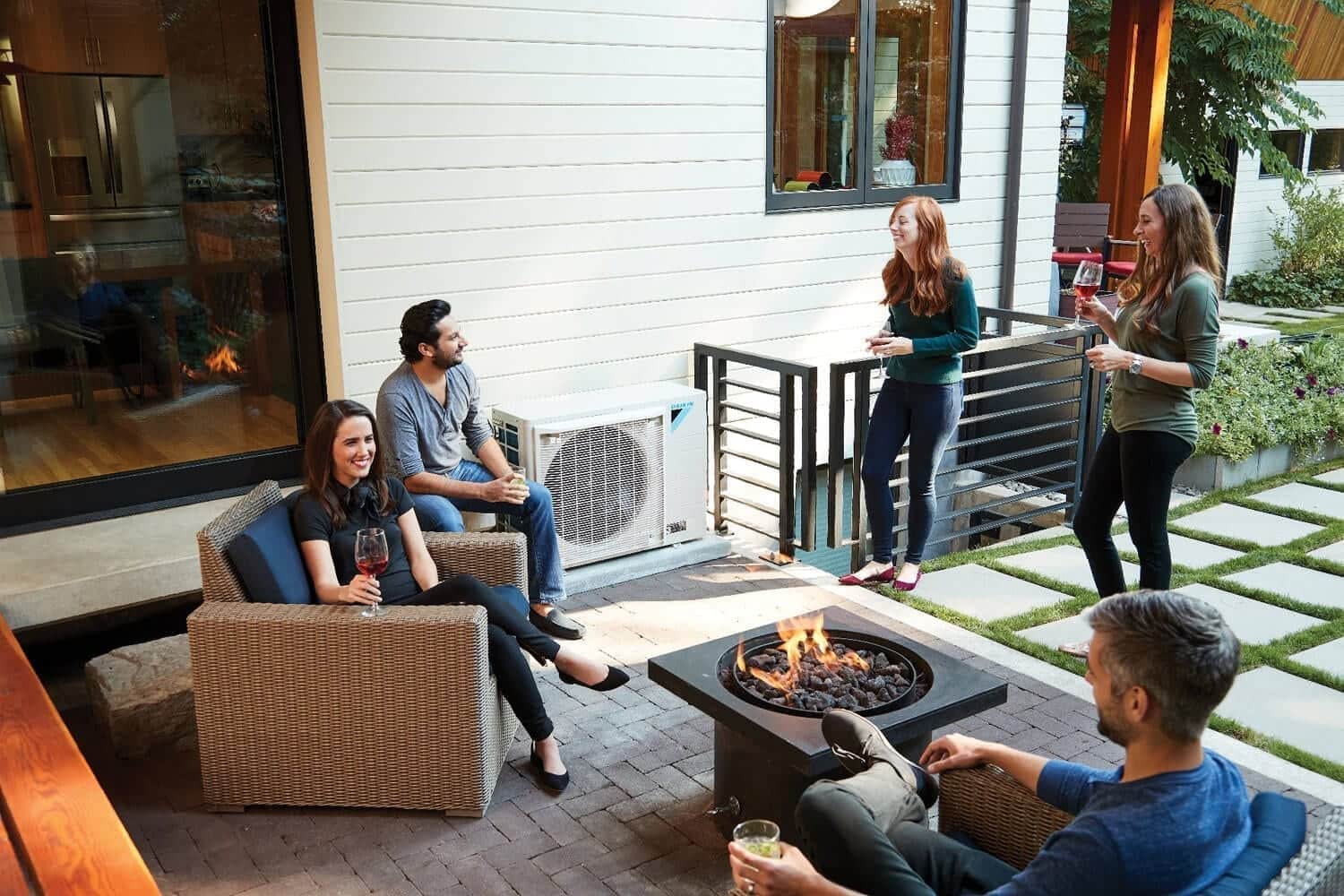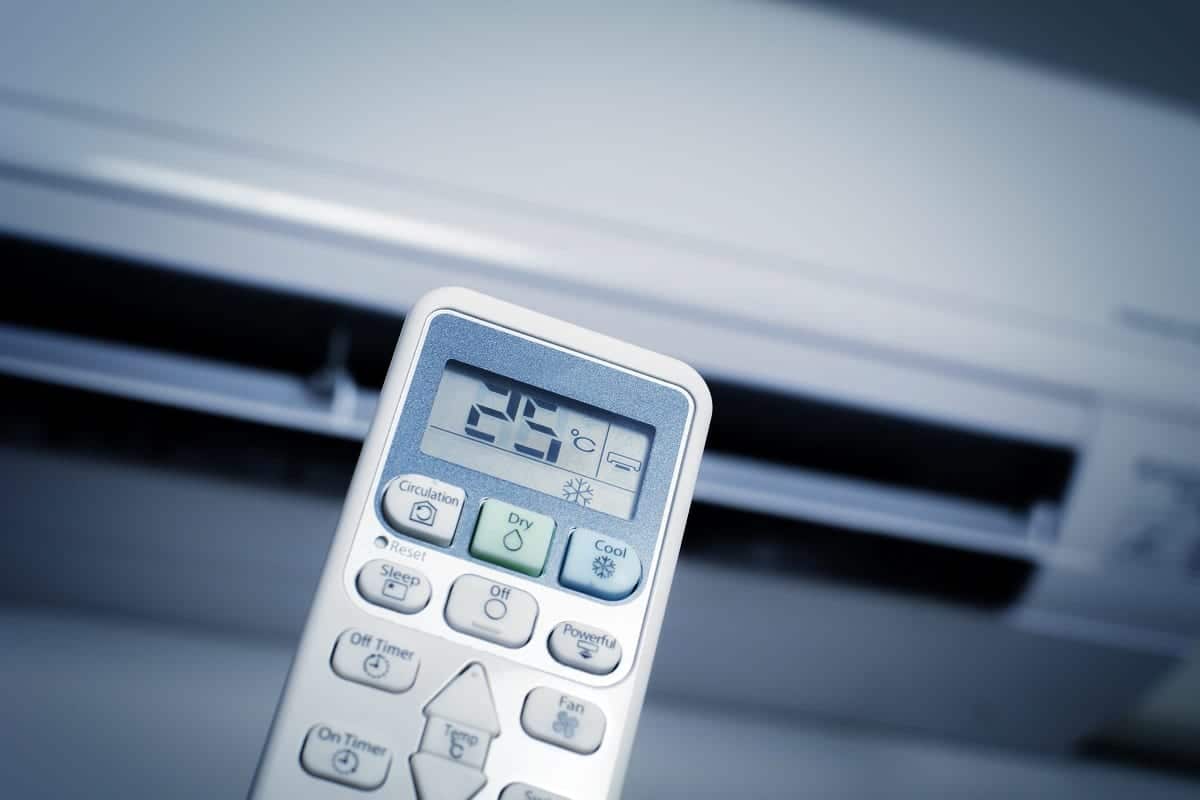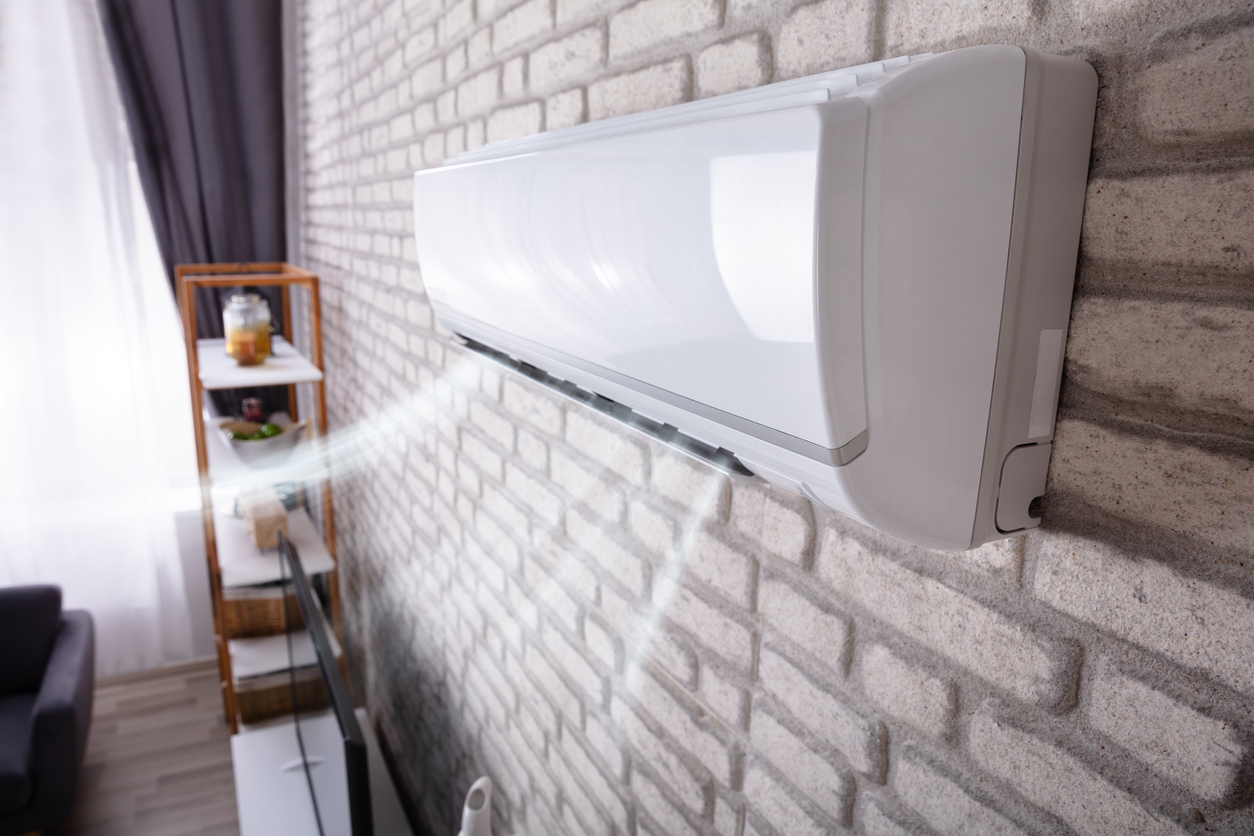Whether you’re turning on the air conditioner in spring or cranking up the heat in winter, your HVAC can emit stale air when you first turn it on. When an HVAC system has been dormant for a while, the ductwork and other components can develop a musty smell. However, you should never ignore HVAC smells that linger after operating the unit for a few hours.
The Importance of Addressing HVAC Odors Promptly
A stale, musty smell from your HVAC upon startup each season is normal and should go away as you run the unit. If the stale odor doesn’t stop or you smell other odors coming from your HVAC, it could signal a problem that should be remedied ASAP. Addressing odor from heating ducts right away is important for a number of reasons:
Air Quality
HVAC systems can distribute foul odors and the pollutants that cause them throughout your home and compromise the air quality.
Personal Health
Mold and mildew can cause or aggravate allergies, asthma, and other respiratory issues. Odors caused by a gas leak or sewage gas can also be harmful to your health.
Repair Costs
Unaddressed HVAC odors can lead to potentially expensive damage that can even cause your heating and air to stop working.
Heating and Cooling Efficiency
An HVAC system free of odor-causing contaminants and pollutants typically runs more efficiently. Addressing HVAC smells and their causes can help reduce utility costs and increase comfort.
Smelling something odd? If you can’t remember the last time you invested in an HVAC maintenance visit, now would be a good time to call in a trusted San Diego County HVAC service. Professional heating and air technicians will track down the cause of the odor, offer cost-effective solutions, and ensure your system is healthy and efficient.
Common HVAC Odors and Their Meaning
Some HVAC smells are normal, some indicate minor issues, and others are red flags that require immediate attention. Because specific HVAC smells can have many causes, a service technician must investigate any lingering odors. Here are the most common HVAC odors and what they can mean.
Musty or Moldy Smell
A musty odor is usually caused by mold or mildew growth in your system. Clogged drain lines, poor installation, and leaks in ductwork are the most common causes.
Burning Smell
An electrical burning smell may indicate frayed wiring that has caught fire, an overheated motor, or another dangerous electrical issue. If you notice a burning smell from your HVAC, cut power at the breaker and call the fire department. Once your property is safe, call an HVAC expert for repairs.
Rotten Egg or Sulfur Smell
When the HVAC air smells like rotten eggs, it can be an indicator of a natural gas leak, which can be a serious danger. Few AC units use natural gas, so the leak could be near your HVAC unit.
Skunky or Gasoline Smell
HVAC refrigerants can have an acrid smell similar to that of gasoline. Overheated components and electrical issues can also cause odors that might be confused with the smell of gasoline.
Sewage or Feces Smell
A bad smell coming from heating vents that smells like sewage indicates a problem with your plumbing or sewage system. It’s crucial to address the smell right away because the cause could be hazardous sewer gas.
Chemical or Sweet Smell
A sweet smell from an HVAC system often indicates a refrigerant leak or similar problem. Refrigerant leaks are often caused by damaged lines, coils, or other components associated with the refrigerant. If you think you have a refrigerant leak, contact a professional HVAC technician for diagnosis and repair.
Stale or Cigarette Smoke Smell
If your HVAC system smells like stale cigarettes, it’s likely coming from the air filter and evaporator coil. The stale aroma could be caused by current or previous smoking in the home or a nearby source. Replacing the air filter and cleaning the evaporator coil will typically eliminate the smell.
What to Do When You Detect an HVAC Odor
Depending on the smell and its cause, you may be able to fix the problem with a filter replacement or cleaning. Other HVAC problems, such as mold and gas leaks, should be diagnosed and repaired by a professional HVAC technician. If you smell a burning odor, call the fire department and vacate the property. Here are our recommended steps to take for other HVAC smells:
- Turn off the power to your HVAC unit.
- Turn off the gas supply if you suspect a gas leak.
- Open windows and doors for ventilation.
- Move outdoors or to a well-ventilated area.
- Call Bill Howe for a professional diagnosis.
A professional can diagnose the root cause of the problem and provide cost-effective solutions, such as duct cleaning, mold remediation, and electrical repairs. When in doubt about what your HVAC odors mean, always play it safe and follow the steps above.
Preventing Future HVAC Smells
Professional HVAC maintenance, like heater and AC tune-ups, can help identify and address potential odor-causing problems before they get out of hand. While there’s no substitute for seasonal checkups, there are a few steps you can take to prevent future HVAC odors.
- Change the air filter.
- Ensure the evaporator coils aren’t frozen.
- Check the drain pan for mold growth.
- Check for excess moisture in ducts and around air vents.
- Ensure the condensation drain line isn’t obstructed or clogged.
If you frequently smell a musty odor from your heating ducts and live in a humid climate, a dehumidifier can help. By reducing the moisture levels, a whole-home dehumidifier can help prevent odors caused by high humidity.
When to Call a Pro For HVAC Smells
If you notice a lingering HVAC odor and you’ve checked the components listed above, it’s time to call in the heating and air pros. When you want proven, reliable HVAC maintenance and repair service, trust the experts at Bill Howe. Give your heating and cooling system the care it deserves when you contact Bill Howe for HVAC services in San Diego County.




